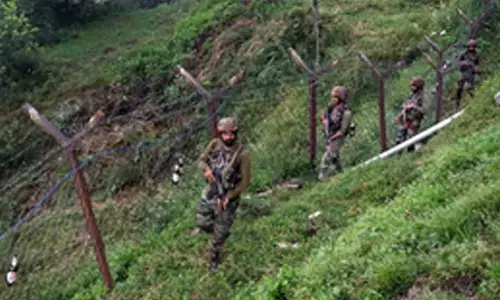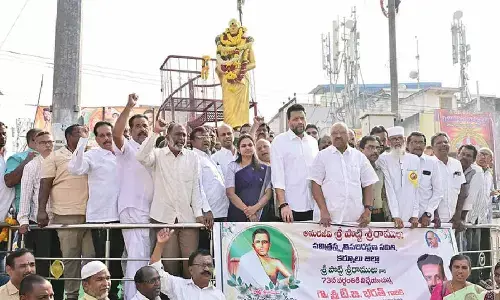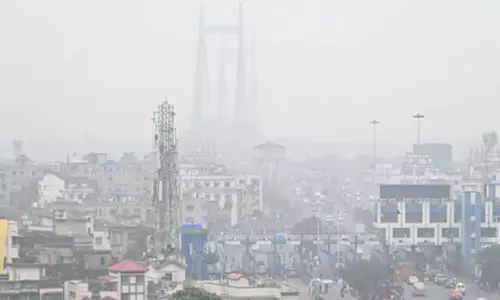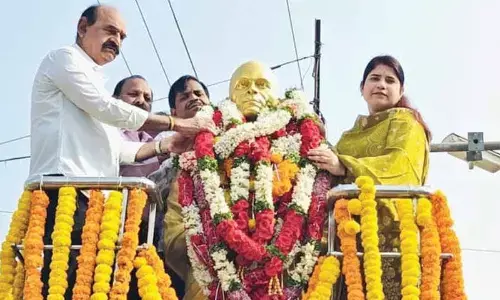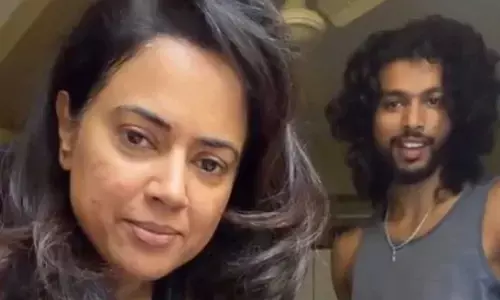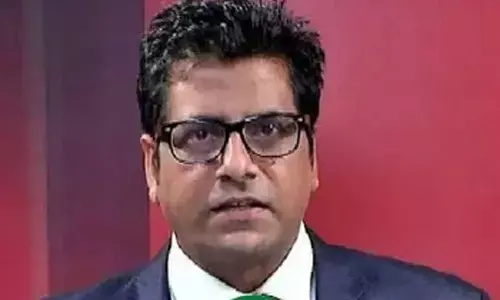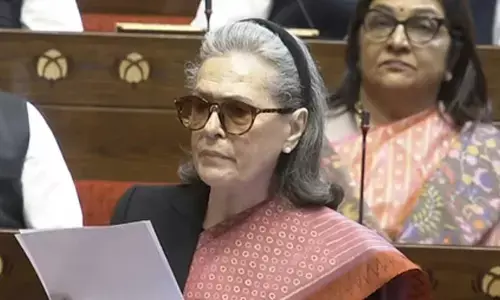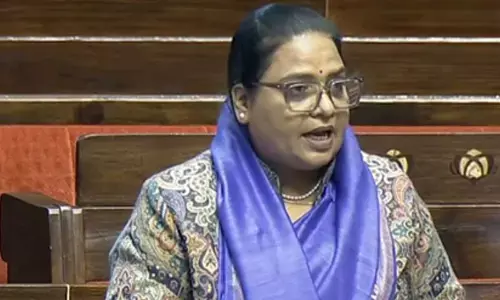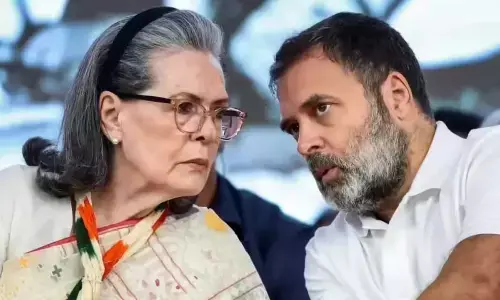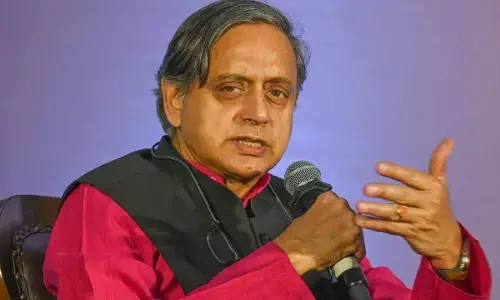Facts, not falsehoods should guide people during elections: UN Chief on press freedom
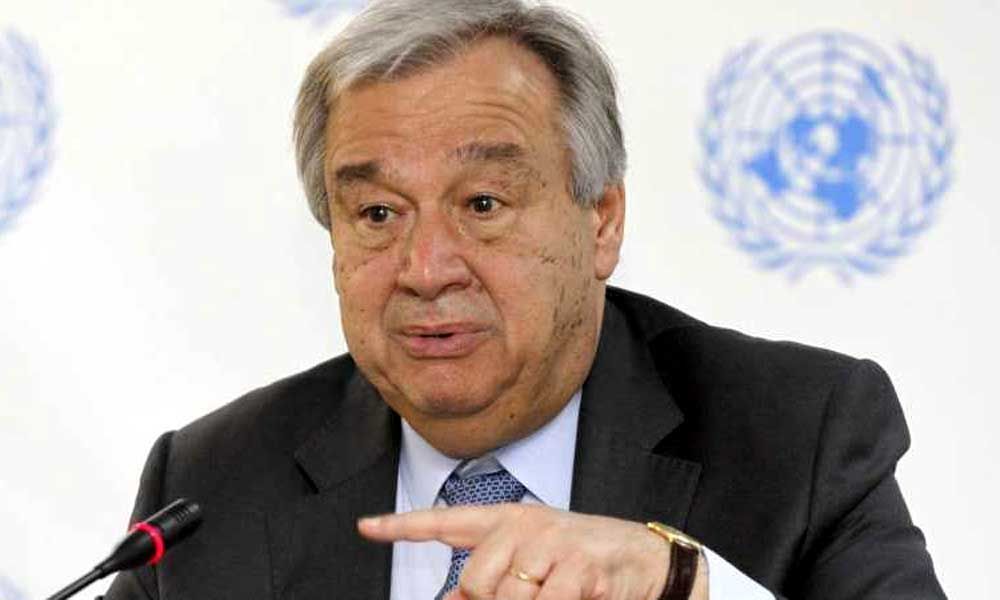
According to the United Nations Educational Scientific and Cultural Organization, almost 100 journalists were killed in 2018.
UNITED NATIONS: UN Secretary General Antonio Guterres has underscored the need for free press disseminating reliable information to maintain peace and justice, especially during elections as "facts, not falsehoods" should guide the people while choosing their representatives.
Noting that civic space has been shrinking worldwide at an alarming rate, Guterres said that he is "deeply troubled" by the growing number of attacks against journalists and the culture of impunity.
A free press is essential for peace, justice, sustainable development and human rights. No democracy is complete without access to transparent and reliable information. It is the cornerstone for building fair and impartial institutions, holding leaders accountable and speaking truth to power, Guterres said in his message for the World Press Freedom Day, observed on May 3.
The main celebration of World Press Freedom Day this year will take place in Addis Ababa, from May 1-3. The overall theme of the event will be the role of media in elections and democracy. Some 100 national events around the world are expected to complement the main celebration.
The day was proclaimed by the UN General Assembly in 1993 following a Recommendation adopted at the twenty-sixth session of UNESCO's General Conference in 1991.
Facts, not falsehoods, should guide people as they choose their representatives. Yet, while technology has transformed the ways in which we receive and share information, sometimes it is used to mislead public opinion or to fuel violence and hatred, he said, apparently referring to the alarming increase in spread of false and vitriolic information through social media platforms such as Facebook, Twitter and Whatsapp.
And with anti-media rhetoric on the rise, so too are violence and harassment against journalists, including women, he said,
According to the United Nations Educational Scientific and Cultural Organization (UNESCO), almost 100 journalists were killed in 2018.
Hundreds are imprisoned. When media workers are targeted, societies as a whole pay a price, he said, calling on all to defend the rights of journalists, whose efforts help us to build a better world for all. The UN chief's statement comes at a time when India is in the middle of general elections. Concerns have been raised over the use of social media platforms such as Whatsapp and Facebook to spread false information and spark hatred and incidents of violence.
Ahead of the Lok Sabha polls, social media platforms and the Internet And Mobile Association of India (IAMAI) had presented a Voluntary Code of Ethics for the General Election 2019' to Chief Election Commissioner Sunil Arora.
The Election Commission of India had said in a statement that the Code of Ethics' has been developed to ensure free, fair and ethical usage of social media platforms to maintain the integrity of the electoral process for the polls.









